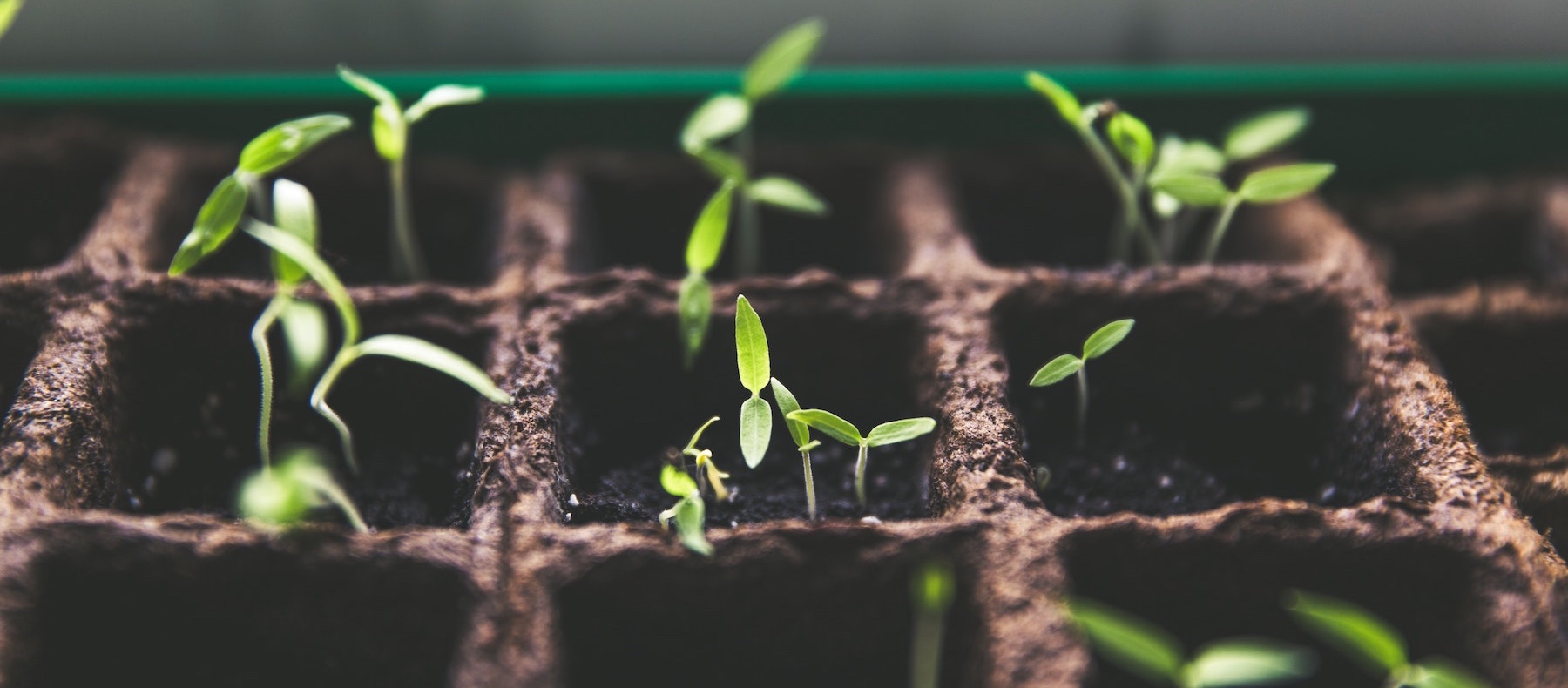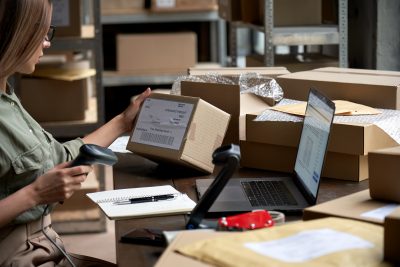Financial inclusion, having access to affordable financial products, has proven to be a determining factor when it comes to consolidating and implementing many of the Sustainable Development Goals. Open banking is indispensable for this inclusion, which opens the door to previously inaccessible services for the ‘unbanked’.
What is financial inclusion?
According to the Global Partnership for Financial Inclusion, financial inclusion is “access to useful and affordable financial products that meet people’s needs”. This includes tools to make transactions and payments, to access and manage savings, and to gain access to credit and insurance.
The World Bank stresses that financial inclusion “facilitates day-to-day living, and helps families and businesses plan for everything from long-term goals to unexpected emergencies.” When this inclusion is effective, families are more likely to get out of poverty, but also more likely not to fall back into poverty.
Open banking plays a key role here. As formal banking services are often not available, it gets there through the internet and smartphones. As an example, Saeko’s educational app and BBVA Mexico have recently teamed up to offer banking services within the platform and students can now securely make tuition payments.
Why is ‘banking’ so important in the SDGs?
Access to formal financial services and other products, which we might call ‘banking penetration’, has an impact on many dimensions of the daily lives of individuals, families, communities and states.
According to several scientific studies, there are at least five Sustainable Development Goals that directly benefit from financial inclusion. These studies include the World Bank paper ‘Financial Inclusion and Inclusive Growth: A Review of Recent Empirical Evidence’, which analyzes point by point which bank-based products stimulate each SDG.
In particular, payment services, savings products, formal credit facilities and insurance products have proven their direct relevance to the following SDGs:
- SDG 1. No poverty.
- SDG 2. Zero hunger.
- SDG 3. Health and well-being.
- SDG 4. Quality education.

At the same time, although this information needs to be consolidated with more in-depth studies, there are suspicions or indications that banking penetration also has a positive impact on:
- SDG 6. Clean water and sanitation.
- SGD 7. (Accessible noncontaminating energy)
- SDG 8: Decent work and economic growth
- SDG 9: Industry, innovation and infrastructure
- SDG 10: Reduced inequality.
- SDG 16: Peace, justice and strong institutions.
But how can banked services stabilize these goals and their targets?
SDG impacts of payment services
Transferring cash through payment services increases the speed at which capital is available, which is crucial for many families. It is also a measure that increases transparency of money flows and reduces the incidence of crime. On this last point, digital payments make it possible to avoid the corruption that thrives on unrecorded money transfers.
And, once a payment history is generated, it can be used to access credit. This makes it easier for financial institutions to assess credit risk and reduce delinquency, which helps both the lender and the borrower who will not be able to repay.
Both access to credit and the possibility of sharing bank accounts can provide resilience or stability for families. Indeed, investment in education or the growth of small businesses helps to lift millions of people out of poverty, as is the case in Kenya with mobile payments.
It has been shown that one of the groups that benefit most from cash transfers are women in developing countries. Greater confidentiality, increased personal control and greater autonomy are important advantages for their emancipation.
Positive impact of savings systems

Security against theft is one of the major positive impacts of bank-based savings systems. Unfortunately, many families in remote locations continue to keep these savings ‘under the mattress’ or through micro purchases of building materials such as bricks that they attach to the house to make it grow inch by inch. These are very insecure systems.
Having a mobile savings account is particularly useful in environments where there are no physical branches, nor are there expected to be in the near future. Having a virtual wallet that accepts payments has proven to be an ingenious solution to the lack of banking infrastructure. That is why BBVA Mexico and Zolvers (a digital platform that connects people and work) helped to bank around 25,000 domestic workers, which increases their stability and security.
Interestingly, but as with power generation networks, it is expected that much of sub-Saharan Africa will never go through a phase of physical network consolidation. Instead, it is common to switch from coal to photovoltaic self-consumption, or from cash to mobile payments.
It has been shown how a family’s ability to save directly depends on the possibility of having a secure environment in which to store capital. This is why families in developing countries in Africa, South America or Asia have been so quick to adopt the technology as it is a particularly useful tool for moving up the development ladder.
Access to formal credit is essential for development
Where formal banking systems do not exist, access to credit is obtained through channels that encourage profiteering and scams. With a highly unbalanced power relationship, private lenders in developing countries use a command structure based on crime and extortion.
Conversely, when families have access to formal credit, repayment conditions are much more advantageous. Microloans have proven to be a particularly interesting initiative in developing countries, especially microloans for women entrepreneurs. In much of the developing world, the economy is largely family-based, and the manager is often female.
Mexico’s human development index (HDI) was 0.779 in 2019. The country has shown an upward trend for as long as measures have been available, but even so there are still notable signs for improvement. In order to help Uber drivers and partners gain access to banking services, drivers and partners can create a digital account linked to their credit card.
Insurance is a must for returns
According to the above-mentioned reports, insurance plays a key role in weighing down risk and investing in higher-performing machinery, especially in agricultural environments. When agricultural insurance is introduced in an area, years later the benefit of the area increases.
Bank-based insurance acts as a safety net for local entrepreneurs. As coverage rises, so does the level of the safety net. It is possible to fall from higher ground without the risk of landing in poverty. In other words, financial inclusion reduces the likelihood of people falling into poverty.
An interesting element of financial inclusion is that it tends to create self-reliance-building resources. When banking penetration policies start to be seeded, it is easier to include new levels and an ecosystem of fintech startups with a local scope and global impact is generated in the area of application.




























